About Us
About Our ResearchSince 2015
Saving Pollinators
Our History
Dr. Sheila R. Colla’s lab is found at York University, in Toronto, Ontario, and is comprised of members from both the Department of Biology and the Faculty of Environmental and Urban Change. As a lab, we are interested in all aspects of native pollinator conservation. Our research is interdisciplinary, including ecology, conservation biology, policy and citizen science. Please take a look at our site, and hopefully learn a little more about our research, bumblebees, and conservation efforts in general.
Research projects have generously been funded by The Weston Family Foundation, The Province of Ontario, NSERC, New Frontiers in Research Fund, MITACS and the Liber Ero Fellowship Program. Research partners include the Nature Conservancy of Canada, Friends of the Earth Canada, Wildlife Preservation Canada, Ontario Nature and the Xerces Society for Invertebrate Conservation.
What Drives Us
Our Mission
We take an interdisciplinary and collaborative approach to wild pollinator conservation. We aim to conserve biodiversity and the ecosystem services they provide through scientific research and outreach. We focus on bumblebees but also have side projects on at-risk butterflies, plants and other species of bees.
scientists
Our Lab Members
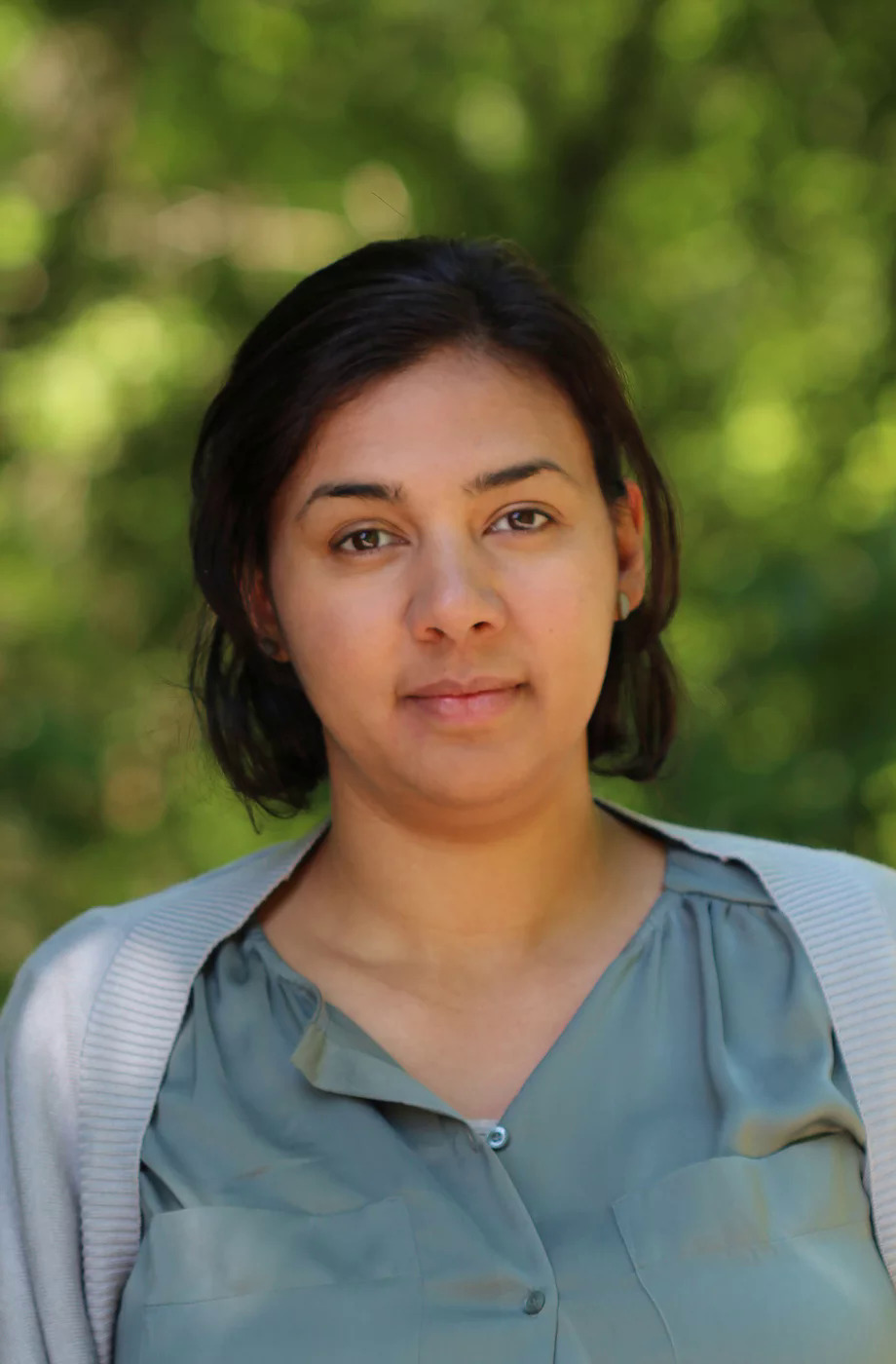
SHEILA COLLA, PHD
Principal Investigator
York University’s Research Chair in Interdisciplinary Conservation Science and Associate Professor, Faculty of Environmental & Urban Change
I am a classically trained Ecologist using scientific principles to address real-world conservation issues. My research thus far has focused on the conservation of lesser understood native species such as bees, butterflies and flowering plants. As pollinators and pollination have become important issues among policymakers and the public in recent years, my work has become more interdisciplinary. I work closely with environmental NGOs, landowners, academic partners and government agencies at the municipal, provincial and federal levels to implement conservation management based on the best available science. My research considers species with large ranges across the US and Canada but also local species which are at-risk here in Ontario.
Publications can be found here: Google Scholar
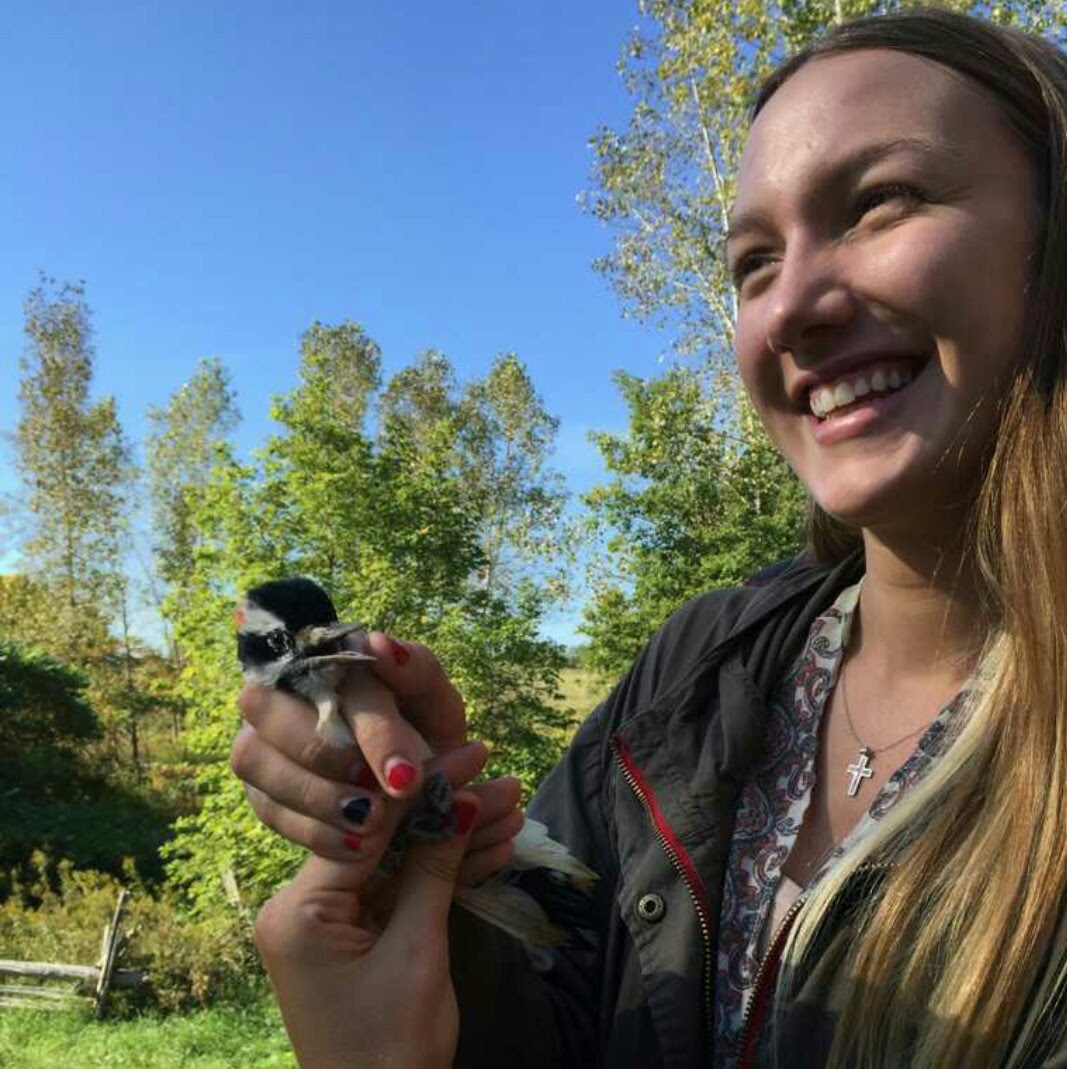
Briann Dorin
PhD Student
I am a PhD student in the Faculty of Environmental Studies interested in wildlife conservation, agroecology, and sustainable agriculture. My research focuses on enhancing biodiversity conservation within agricultural lands by studying the impact of various farm management practices on native bees and understanding farmer motivations and needs within the adoption of pollinator-friendly farming. Through an interdisciplinary approach and in collaboration with farmers, I hope to determine agricultural practices, policies, and initiatives that best support our native pollinators in farmlands.
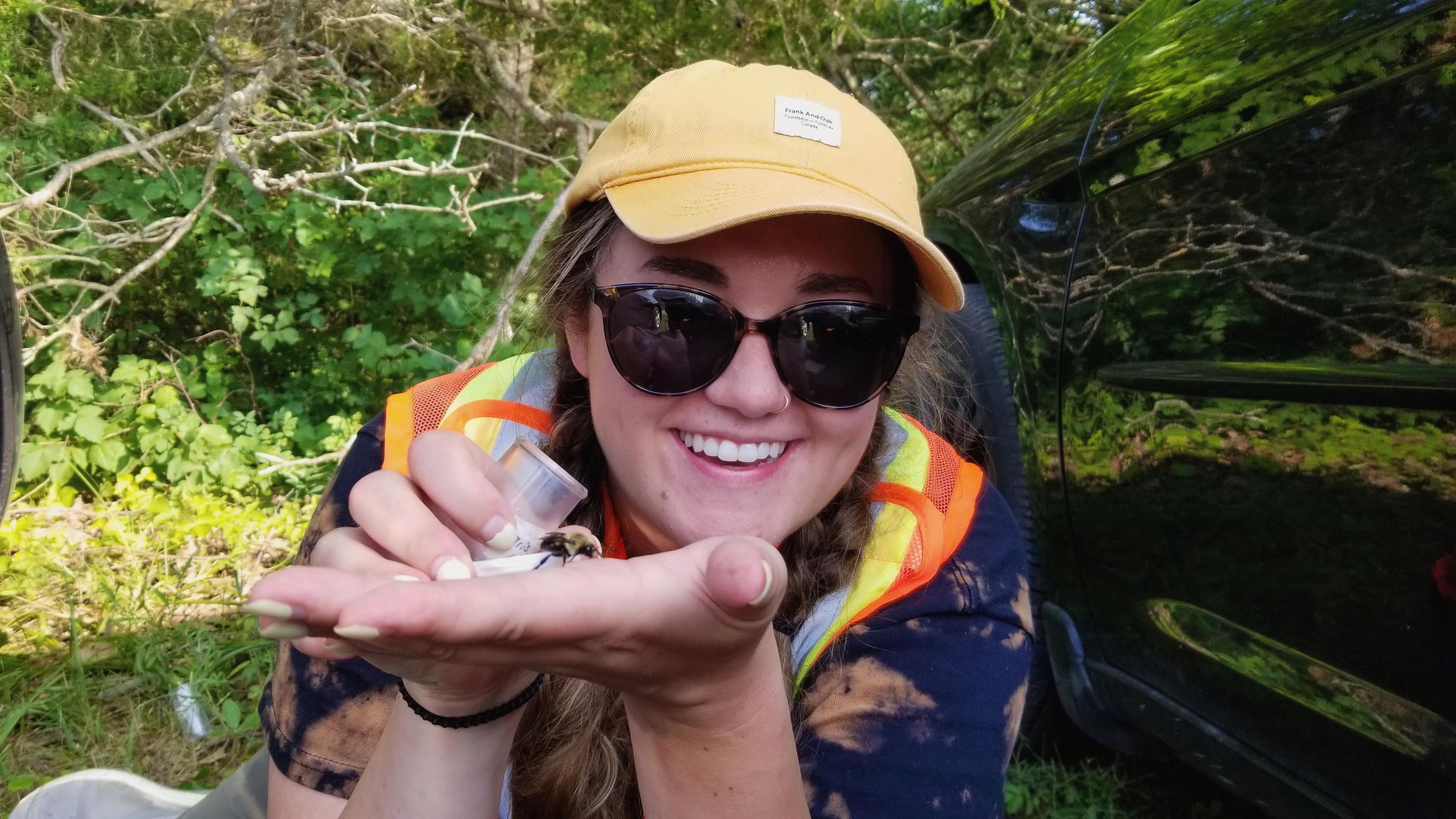
Kennedy Halvorson
Research Assistant
Kennedy Halvorson (she/they) completed their MES in the Faculty of Environmental and Urban Change at York University in August of 2021. She worked in partnership with Semaa, observing the plants in constant, distinctly non-human modes of communication with all that exists around them through the rhythms of their nectar secretion. Currently, they work as a research assistant for Finding Flowers, an interdisciplinary project with Dr. Sheila Colla and Lisa Myers that takes a biocultural approach to native plant and pollinator conservation, and on the Food Policy for Canada project with Dr. Roderick MacRae which seeks a path towards a healthy, just, and sustainable food system in Canada.
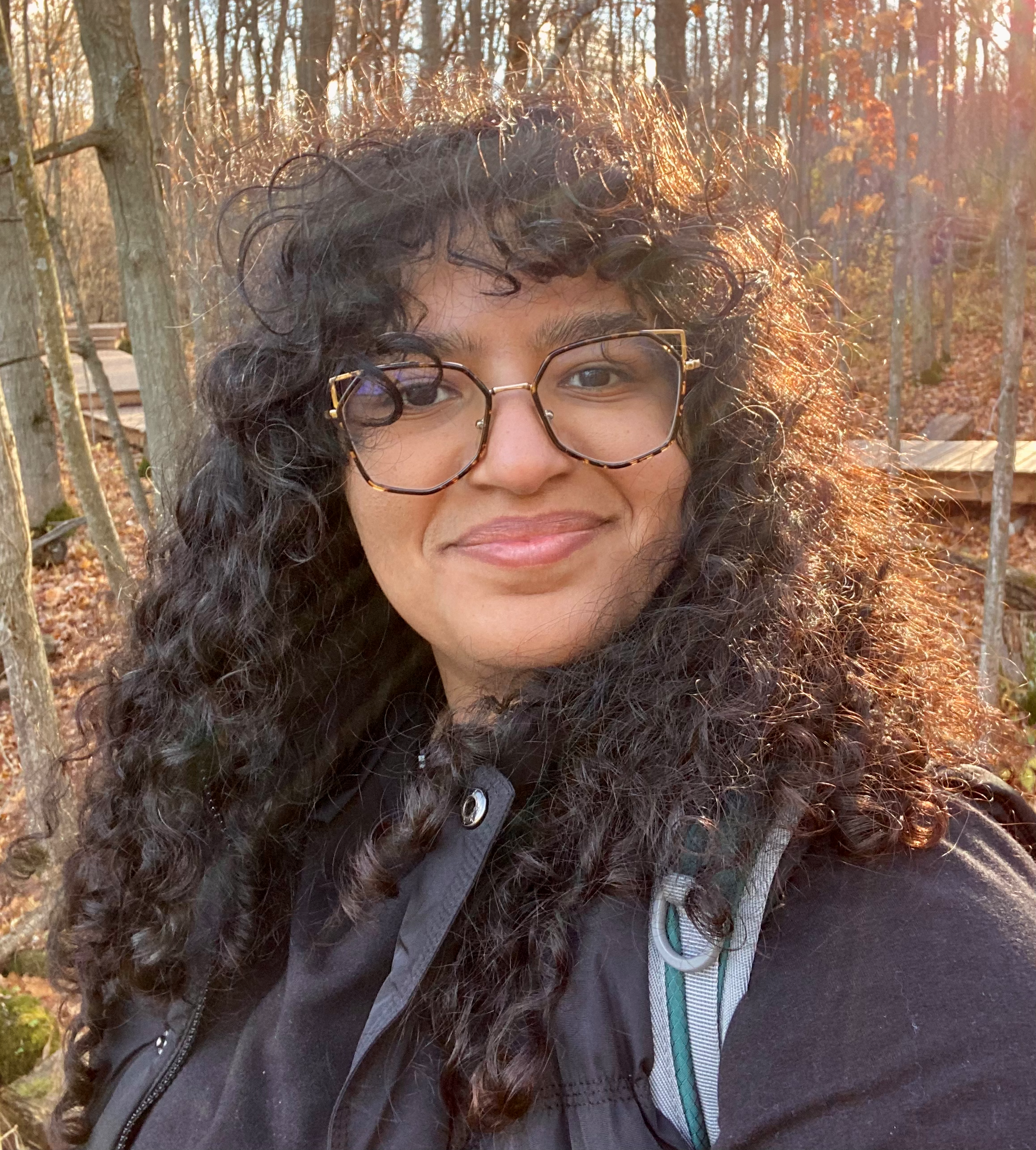
Hadil Elsayed
PhD Student
I am a PhD Student in the Department of Biology interested in understanding the roles protected areas play in conserving insects. My research mainly takes place in the Long Point region and is focused on understanding how anthropogenic threats, such as land-use and climate change, are impacting insect communities within a 30-year period and how in turn this has impacted insectivorous birds. With this data, I hope to determine how habitat suitability within these protected areas has changed for certain species over time and to model future habitat projections to better conserve our biodiversity.
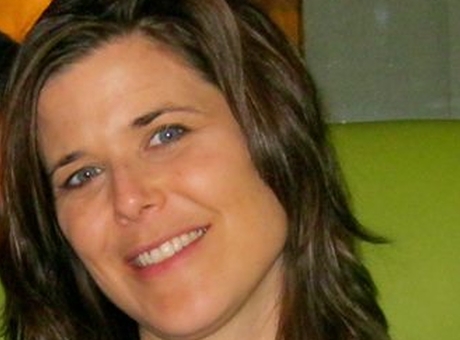
Rachel Nalepa
Postdoctoral Fellow
Rachel is a social scientist researching the human dimension of pollinator conservation. Rachel’s research with the Colla Lab was funded through a Mitacs fellowship with the Nature Conservancy of Canada and support from the W. Garfield Weston Foundation.
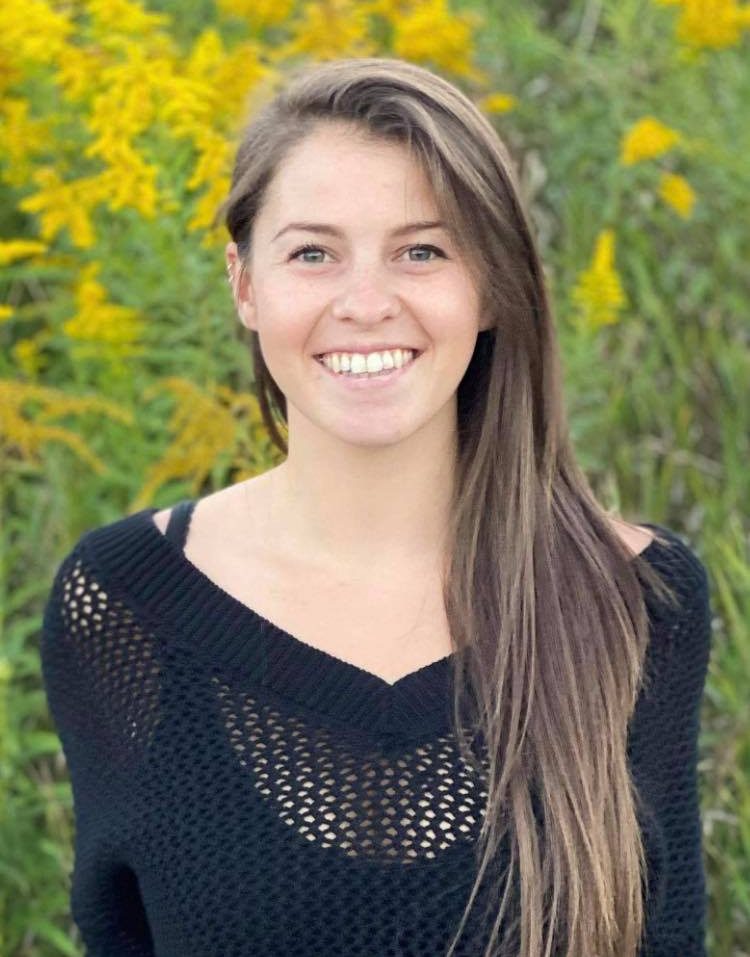
Taylor Kerekes
MSc Student
I am a Master’s student in the Department of Biology studying wild bees in southern Ontario with a focus on investigating floral use of wild bees. To do this I am analyzing pollen samples from managed honey bees and wild bees found in the GTA to find any potential overlap in their pollen collection. I am also looking at the change in abundance, diversity, and floral use of bumble bees in the Guelph region over time. Overall, I hope to learn more about the floral resources our wild bees need in order to have a better understanding of suitable habitat to help in conserving these important pollinators.
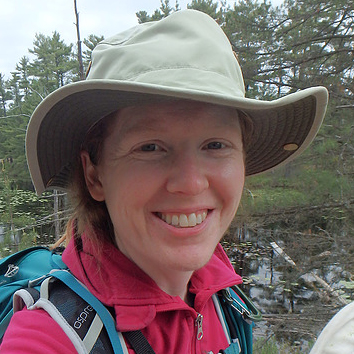
Victoria MacPhail, PhD
Postdoctoral Researcher
I am an ecologist and pollination biologist with a PhD from the Faculty of Environmental and Urban Change, where I am now a postdoctoral researcher. My current focus is on developing a clean stock certification program for Canadian commercial bumble bee stock through a contract funded by Environment and Climate Change Canada. It is known that managed bumble bees used in greenhouses for pollination of crops like tomatoes and peppers will escape and interact with flowers and bees in the wild, spreading diseases to wild pollinators. Managed bumble bees are also used in open field settings, with similar impacts on the community. These bees are also used in areas outside of their natural range. However, there are currently no regulations or best management practices for the breeding, use, or transportation of these bees. The goal of the clean stock program will decrease the risks and costs of pathogen outbreaks and introduced zoonotic diseases from managed bumble bee colonies in field and greenhouse settings to wild species.
I am also continuing to promote the value of community (citizen) science for conservation, with a focus on the BumbleBeeWatch.org program, which I also continue to administer.
scientists
Past Members

Jane Blake
Jane Blake is a graduate student currently pursuing a degree (MES) in Environmental Studies at York University. With expertise in arboriculture, Jane‘s research focuses on mitigating the adverse impacts of current practices in land management industries within a settler colonial framework. Specifically, Jane is examining the use of pesticides to control invasive species, to gain a better understanding of the compounding harms that these methods have on non-target species of life.
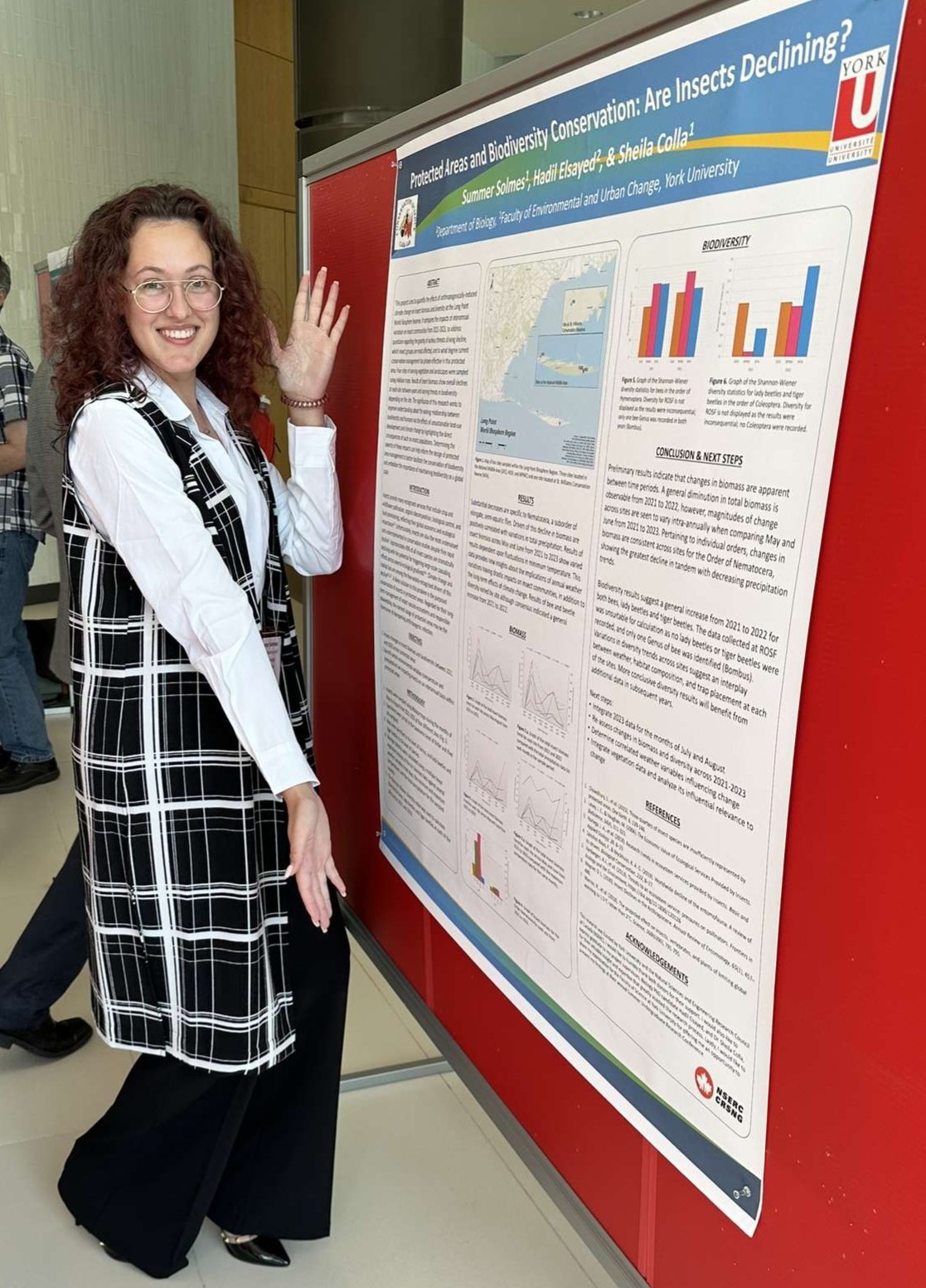
Summer Solmes
Research Assistant
Summer is a recent environmental studies graduate who began her journey in the Colla Lab as a volunteer during her bachelor’s degree, and following this, as an awardee of the NSERC Undergraduate Student Research Assistantship to conduct her own research alongside Biology PhD Candidate Hadil Elsayed. She has since furthered her contributions to this work as an RA. Throughout her assistantship, she has helped with the preparation and processing of insect specimens for research aimed at determining the gravity of anthropogenic threats to insect biomass and biodiversity in protected areas in southern Ontario. Her research provided an analysis of the short-term, inter-annual biological changes of important pollinators and bioindicator species present in various habitats comprising the Long Point Biosphere Region, and made progress in determining suspected environmental stressors. Summer’s strong eagerness to work at the forefront of species management and conservation is continuously inspiring her next steps to make direct contributions to field ecology, wildlife conservation, and environmental education.
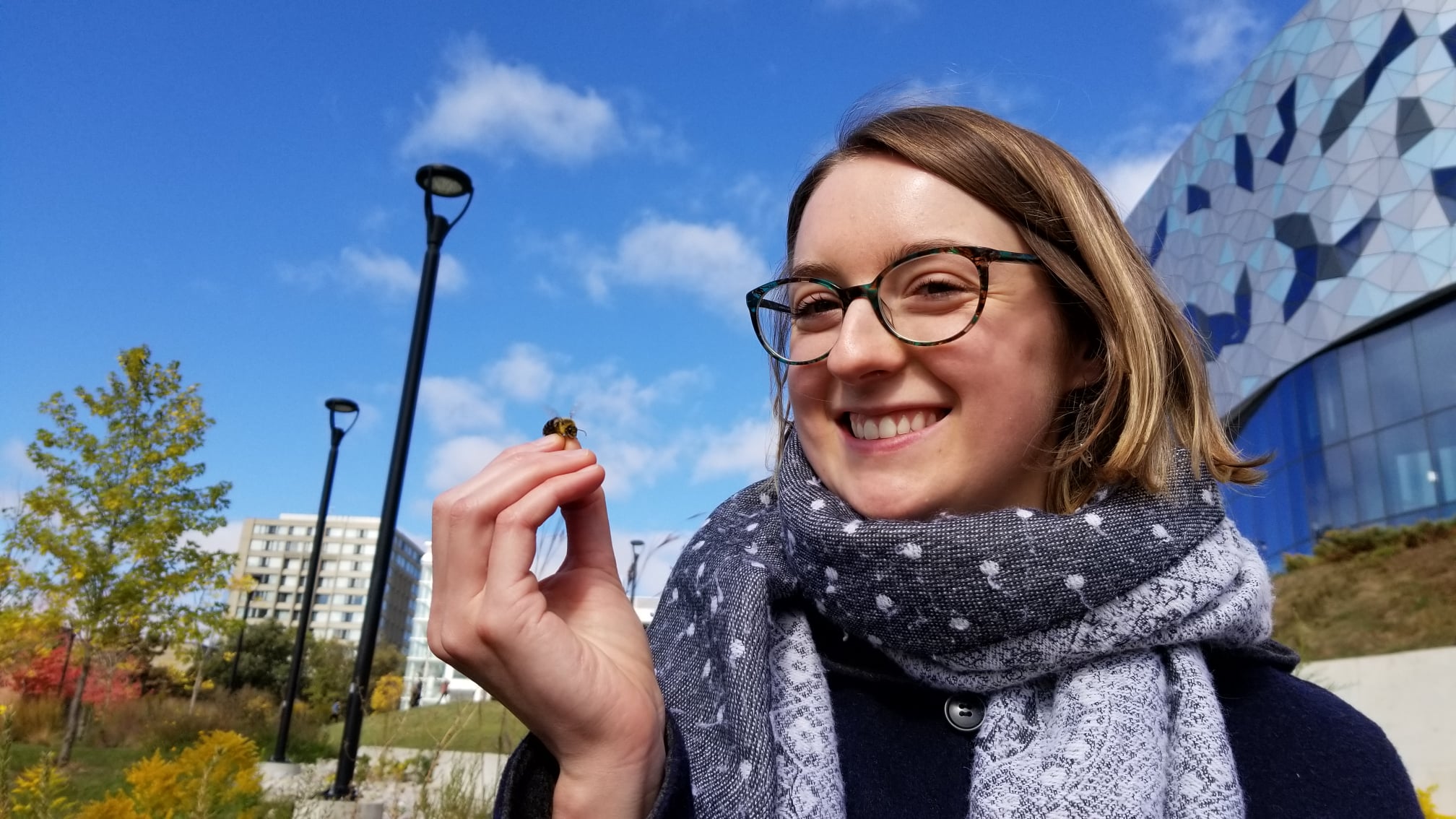
Sarah MacKell
Sarah completed her MSc in the Department of Biology investigating potential competition between honey bees and native bees, in Toronto. This study provides some insight as to whether introducing honey bees into urban areas impacts native bees, and may lead to suggested conservation management practices in Toronto.
Sarah is currently the Lead Biologist for Wildlife Preservation Canada’s Native Pollinator Initiative!
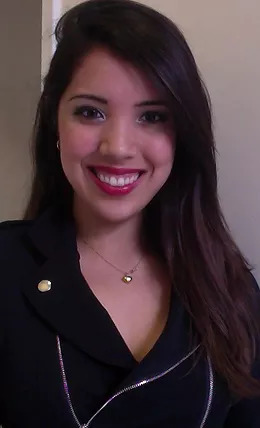
Melina Damian Flores
Melina worked in the Colla lab during her Bachelor of Environmental Studies (BES) degree, and her main area of interest was wildlife conservation. Her experience involved researching pollinator visitation frequency on American Ginseng at the Koffler Scientific Reserve, assisting with the native pollinator initiative of Wildlife Preservation Canada, and volunteering as a wildlife nursery assistant for Toronto Wildlife Centre.
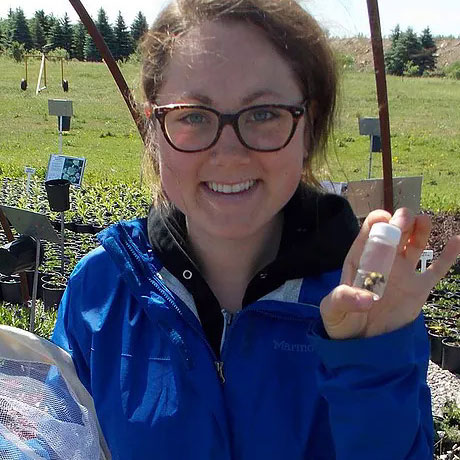
SHELBY GIBSON
Shelby was a PhD student in the Department of Biology interested in understanding and developing a sustainable agriculture system, with specific regard for biodiversity conservation in agricultural settings, using bumblebees to understand how certain sustainability policies and programs can influence the ability to conserve biodiversity in a particular landscape.
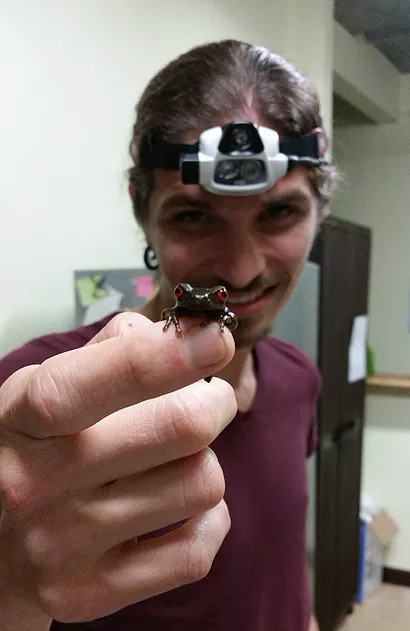
Andres Jimenez Monge
Andres was a research assistant in the Colla lab, with a Masters in Environmental Studies with an emphasis in Business and Sustainability. My research wants to help redefine how humans relate with wildlife, focusing on well being and saving “the ordinary”. My personal photo blog is available at: www.razaverde.com
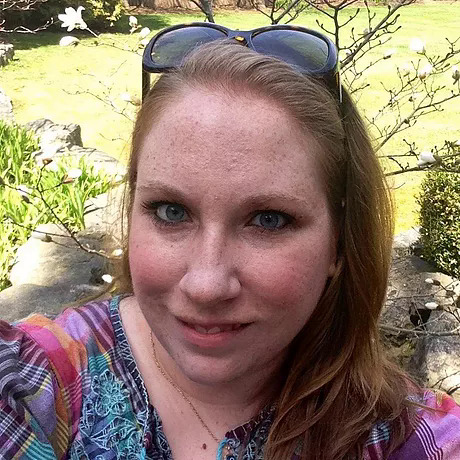
Meagan Tompkins
Meagan was PhD student in the Faculty of Science from September 2016-2019.
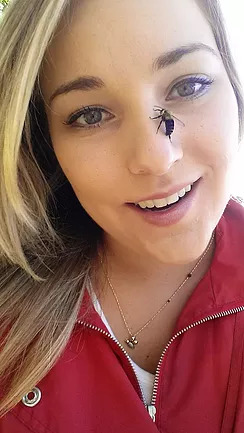
Kailey Michnal
Kailey was an MSc student studying under the co-supervision of Drs. Sheila Colla and Amro Zayed. For her MSc thesis, she used molecular tools to study pollinator decline and explore if pollinator habitat conservation and increased urbanization are simultaneously attainable.
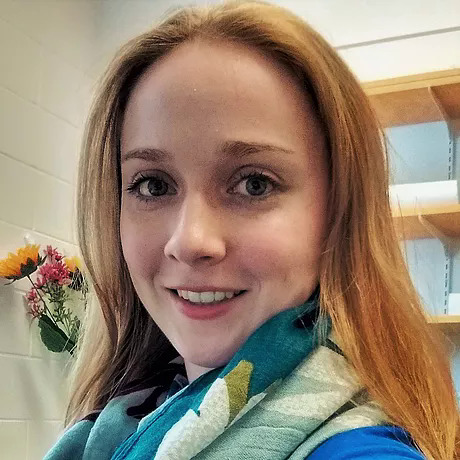
Amanda Liczner
Amanda completed her PhD, in the Department of Biology, working on conserving at-risk bumblebee species in southern Ontario by restoring their habitat. “My work involves identifying specific habitat requirements for these species so as to inform future management plans for at-risk bumblebee species.” Amanda is now a postdoctoral researcher investigating research directions for connectivity conservation.
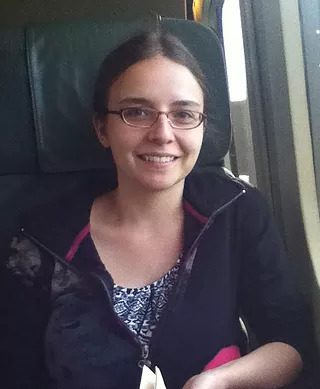
Allison Nicholls
Allison was a Master in Environmental Studies (MES) student whose research used the Ontario government’s proposal to reduce the use of neonicotinoid pesticides in the province as a case study. Allison investigated the citizen comments on this proposal to if she could elucidate what pushes people to exercise their right to comment, specifically when related to pollinator conservation.
